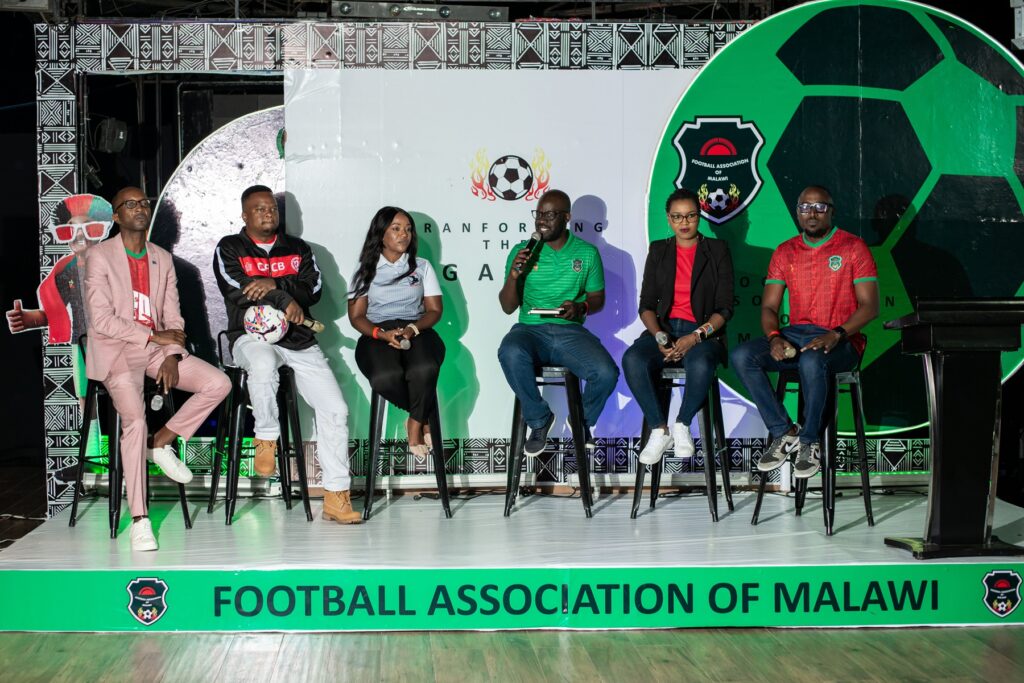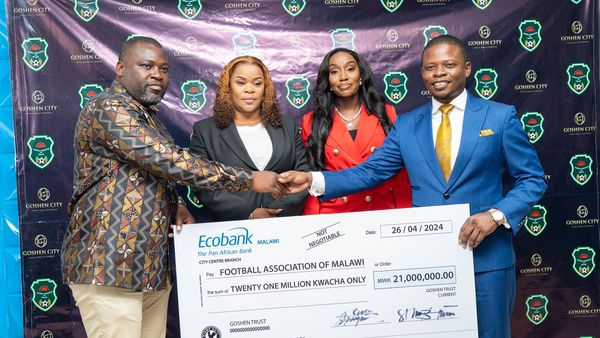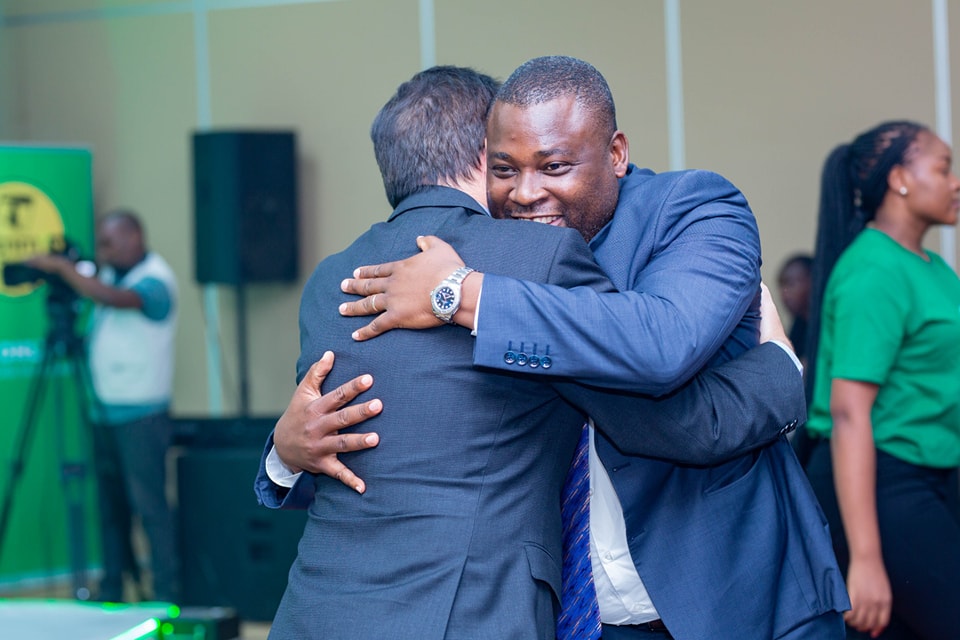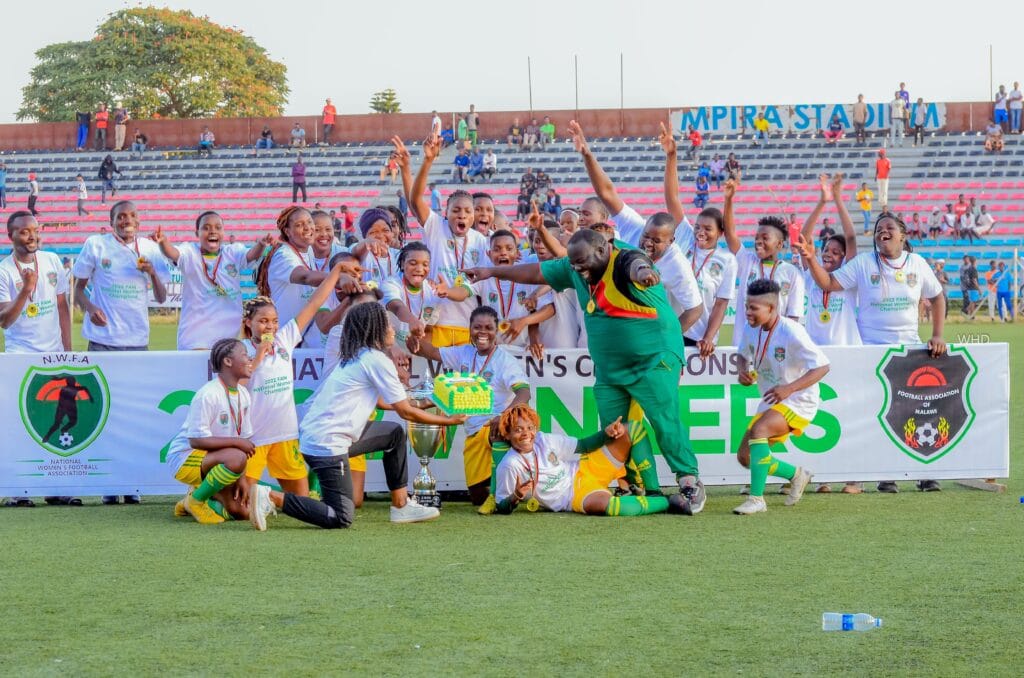Football Association of Malawi (FAM) on Friday held a corporate partners meeting with its sponsors and prospective ones at Amaryllis Hotel in Blantyre where they banged heads on how football can be used as a tool for brand visibility and growth.
The meeting targeted CEOs of various organisations, marketing and heads of finances, controlling officers for parastatals, government officials and business captains.
In his presentation, Zambia Football Association (FAZ) president Andrew Kamanga, who was key note speaker, shared insights on how football in Zambia has transformed from relying on government sponsorship through mining companies to the privates sector.
Kamanga, an entrepreneur and experienced sports administrator who has led FAZ since 2016, said Zambian football had to evolve and overcome economic challenges and realign itself to survive.
He said the Zambian football now has plenty of sponsors that have partnered them at all levels and said Malawi can also do the same.
In an interview after the event, Kamanga applauded FAM for organising the meeting.
He said: “The association is open to new ideas. It’s open to more sponsorship. It’s open to commercialise the game. The corporates will only come where there is trust when you are operating with an open platform. When you are transparent, it gives confidence to the corporates to come in.
“I hope after my the presentation the corporates will be able to pick up whatever opportunities that have been presented to them. My appeal to the corporate is just to encourage them that football should never ever be seen as a corporate social responsibility event. It presents commercial opportunities where they can invest and partner and grow the sport like we have done at home.”
Apart from corporate partnerships, Kamanga said Malawi must also invest in football from grass roots to elite league and national teams.
He said: “There is not secret to football development. It requires investment. First of all in the grass roots. Thats where you start from. You have to build structures. You need to have youth teams, under-12s, under-14s, under-20s. If you can organise that, the next stage is to participate in these Cosafa tournaments; from there you go to the Africa Cup of Nations.
“This is why it is very important that you always have a presence in those competitions at different age groups. And then, the senior team will come in. What you always see is that when you have invested, you have a long term agenda. You will continue to participate and succeed.”

However, Kamanga said it does not end with the teams’ success.
“Once you succeed, the challenge is how you maintain that success. This is where we seem to have reached ourselves. It’s always a challenge once you have been to the top to remain there. So, it’s a good lesson. We continue to innovate and hope that we will be there to maintain the position,” he said.
On Malawi football, Kamanga said FAM is already on the right path as witnessed by recent performance of both the Flames sand the Scorchers.
“Malawi is doing well. They won the Cosafa Women’s Championship last year. It’s a good side and I hope this year they will be able to do that. The teams in the elite league should also try to compete in the CAF competitions so that you continuously have competitions that the teams are participating in. Even the national team should be there at the Africa Cup of Nations, in
the Olympic and indeed one day to the World Cup,” said Kamanga.
FAM first vice-president Madalitso Kuyera said the meeting was a success.
He said: “We had this conference to send the message across to the corporates the power that they have to come into football not only to sponsor us, but as partners. There is a win-win situation. They give us the sponsorship and we add value that they need to their brand so that they have a return of their investment.
“When they come into football it is not like a charity, but at least they will get something out of their sponsorship. You can see the traditional sponsors that are already there were overwhelmed. You can see that every sponsor that has been there is increasing the package because they know the value that is there in football. For sure, after this event now that a lot of sponsors and business captains have seen what the football association has on offer by virtue of sponsoring the game, we are expecting more of them to come forward.”
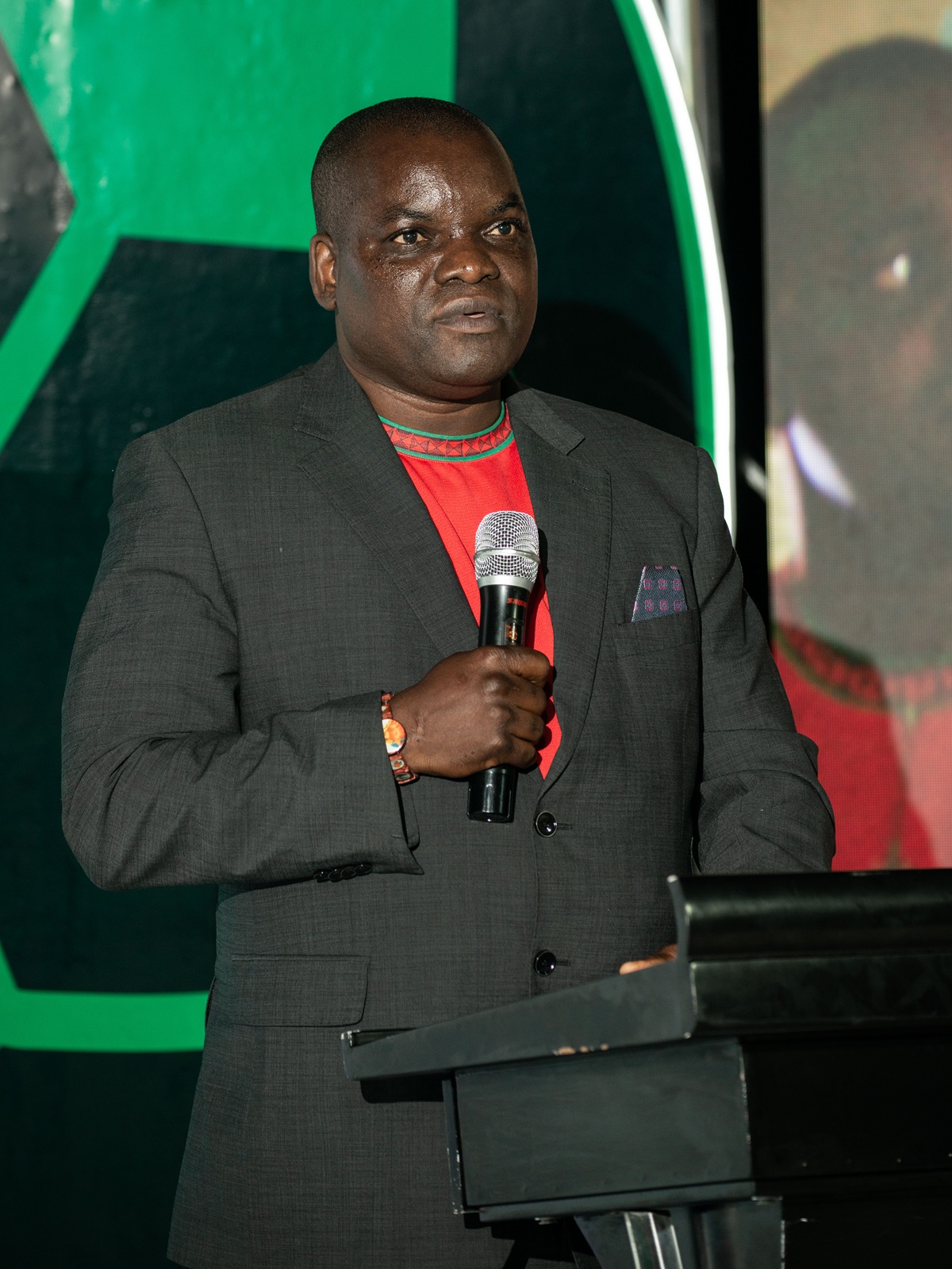
He said FAM will also continue to explore more revenue avenues apart from the traditional ones like the gate collections.
Kuyera said: “You cannot rely on gate collections. For instance, in South Africa, most of the games are not highly patronised, but they get their money through broadcasting rights. It’s exactly the same that we want to do here. We want to move forward to make our game on elevision which we are already doing, and of course use the perimeter fence to do advertisements.”
One of the panellist FDH Bank FDH Financial Holdings Group Head of Marketing Levie Nkunika said the bank ventured into Flames sponsorship at a time were was little interest in football with the aim of growing the national team.
He said: “We are a Malawian born and bred institution. And that time no one was interested in football. The vibe around the Flames was bad. But we said this is our country. A brand purpose is to make growth possible. Therefore, we took a more long term view, we took a multi stakeholder perspective not a narrow profit oriented perspective to sponsor the game.
“We also took inspiration from what Nelson Mandela said. He said ‘sport has the power to change the world. It has the power to inspire and unite people like no other’. As a business, we said let’s leverage football; our brand purpose has to grow other stakeholders. Therefore, we kept on investing in the Flames. We wanted to grow the national cake of pride, prestige and pleasure from entertainment.
“Meaning that we were not worried about the short term benefits. This is the reason why over the years as the Flames have been performing better and better, we were all happy.”
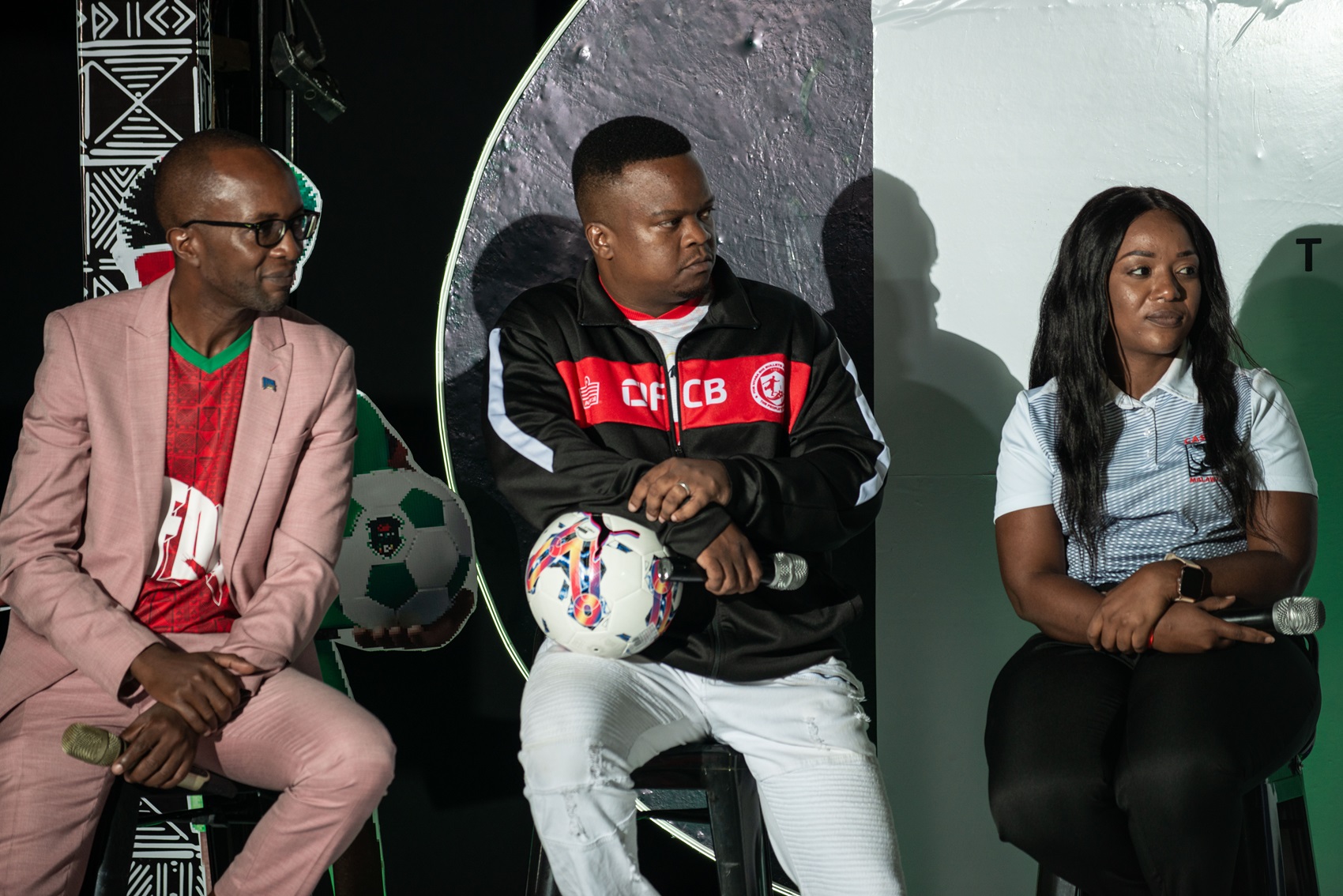
On his part, TNMhead of brand and marketing Madalitso Jonazi the mobile service providers’ 17 year TNM Super League sponsorship reflects a deep commitment to the growth and development of Malawi’s football landscape.l
He said: “Over this journey, we’ve witnessed an rganic symbiosis between the league and the TNM brand, as both have flourished hand in hand.
“Notably, the league’s evolution has paralleled Malawi’s football achievements, including the national team’s historic qualifications for the African Cup of Nations. Moreover, TNM Super League teams have transcended mere sporting entities to become vital commercial hubs within their communities, fostering economic growth and empowerment.
“Equally significant is the role TNM has played in nurturing talent, from grassroots beginnings to the international stage. Many players have honed their skills in the TNM Super League before securing opportunities to showcase their abilities in foreign leagues—a testament to the league’s pivotal role in talent development.
“As staunch supporters of Malawian football, we derive immense satisfaction from these achievements and recognize the sponsorship’s profound impact on the nation’s sporting fabric. Looking ahead, innovations like e-ticketing, enabled through our continued sponsorship, promise to revolutionize fan experiences and enhance accessibility to matches.
“Additionally, soon to be introduced live streaming for TNM Super League games underscores our commitment to expanding the league’s reach and fostering greater engagement among fans, both locally and globally.
“In essence, TNM’s sponsorship of the TNM Super League extends beyond mere financial support; it’s a testament to our belief in the transformative power of football to uplift communities, inspire dreams, and create possibilities. We remain steadfast in our dedication to furthering the growth and success of Malawian football for years to come.”
Other panellists for the meeting were Airtel head of brands and public relations Norah Chavula Chirwa, First Capital Bank head of marketing Twikale Chirwa as wells as Castel Malawi head of corporate marketing and communications Lavern Chitakata.


